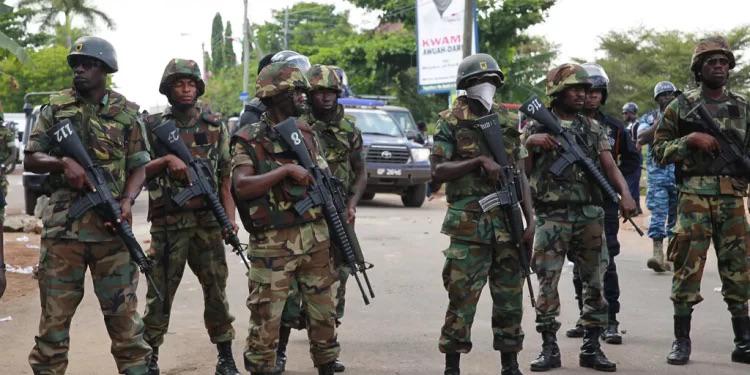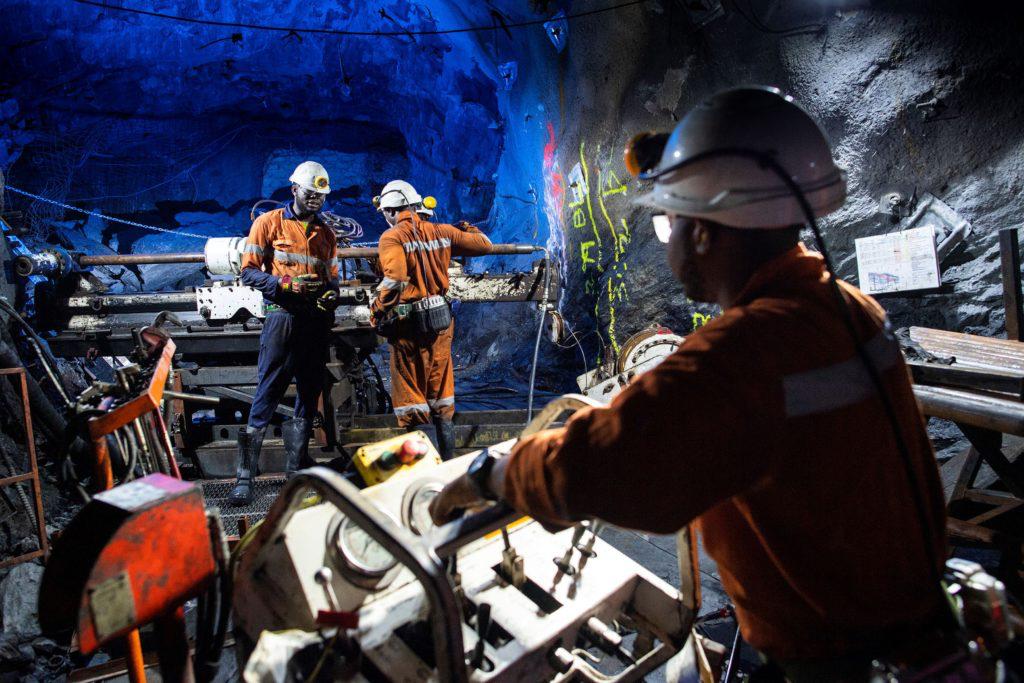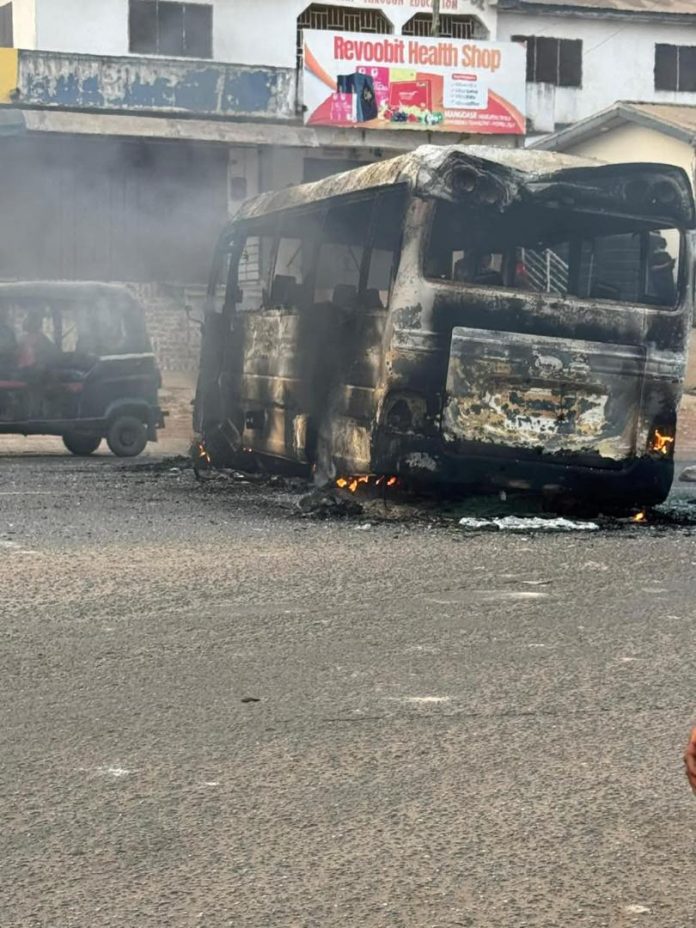Author: Peter Martey Agbeko || APR
Actions and inactions have consequences—some of them tragic and irreversible.
Recent events in Obuasi, where a confrontation between illegal miners and security personnel resulted in the loss of eight lives, serve as a stark reminder of the dangers of straying into private property, especially when it is under the protection of military personnel. Such actions are not only reckless but also a recipe for disaster.
I urge everyone to refrain from behaviour that could provoke dangerous outcomes. Reckless actions, fueled by misinformation or misguided encouragement, can have dire consequences.
I recently listened to a media clip featuring someone called Captain Smart, who was advising the youth of Obuasi to engage in actions that ultimately may have contributed to this tragic incident.
This highlights the critical importance of responsible leadership and communication, especially when addressing vulnerable or aggrieved communities.
Engaging in a shootout or confrontation with police or military personnel on official duty is an extraordinarily dangerous act. It is not only unlawful but also an invitation to disaster.
Violence is never a solution. Instead, we must find alternative and constructive ways to voice grievances, communicate concerns, and resolve disputes.


The Role of Deterrence
To prevent such reckless actions from recurring, it is crucial to establish a strong deterrent.
Those who deliberately encourage or engage in unlawful acts must face swift and decisive consequences.
This sends a clear message that such behaviour will not be tolerated.
• Strict Enforcement of Laws: Authorities must enforce mining regulations and property laws without fear or favour. Illegal mining activities must be met with firm but fair legal action to discourage others from following suit.
• Accountability for Incitement: Individuals who use their platforms to incite unlawful behaviour must be held accountable. This includes media personalities and local influencers who promote actions that lead to violence or lawlessness.
• Visible Consequences: Highlighting the consequences of illegal activities, such as arrests and prosecutions, can serve as a strong deterrent for others. Public awareness of enforcement actions reinforces the seriousness of these issues.
• Community Policing: Strengthen community policing efforts to identify potential threats early and work collaboratively with local residents to address concerns before they escalate.
Moving Forward: Preventing Future Tragedies
The situation in Obuasi also raises important questions about how to address the underlying issues between illegal miners and the mining companies they confront.
More broadly, it prompts us to consider how to prevent similar incidents in other mining areas across the country. Let me offer some steps that could be taken:
• Dialogue and Mediation: Establish platforms for meaningful dialogue between mining companies, local communities, and illegal miners. A neutral third party, such as a government agency or respected civil society organization, could mediate these discussions.
• Livelihood Alternatives: Develop and implement programs that offer alternative livelihoods for individuals involved in illegal mining. Vocational training, entrepreneurship initiatives, and local economic development projects could help redirect their energy into legal and productive activities.
• Education and Awareness: Raise awareness about the legal, economic, and environmental consequences of illegal mining. Education campaigns can help people make informed decisions and discourage reckless behavior.
• Improved Security Measures: Mining companies must invest in enhanced but humane security measures that prioritize de-escalation and non-lethal conflict resolution wherever possible.
• Policy Reform and Enforcement: Strengthen and enforce mining laws while ensuring that local communities benefit from mining activities. Transparent governance and fair distribution of mining revenues can help reduce tensions.
A Call for Responsibility
Everyone—government officials, media personalities, local leaders, and community members—has a role to play in ensuring that such tragedies do not happen again.
Leaders must avoid inciting reckless behaviour, and the media must promote constructive discourse rather than sensationalism.
Let the tragedy in Obuasi be a turning point. It is a painful reminder that violence and lawlessness can only lead to destruction.
Together, we must work toward a safer, fairer, and more sustainable future for all, while ensuring that deterrence is firmly in place to nip such actions in the bud.








































